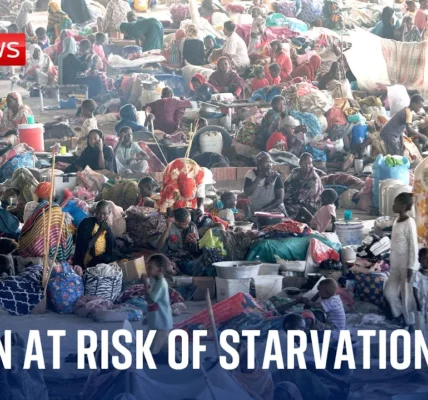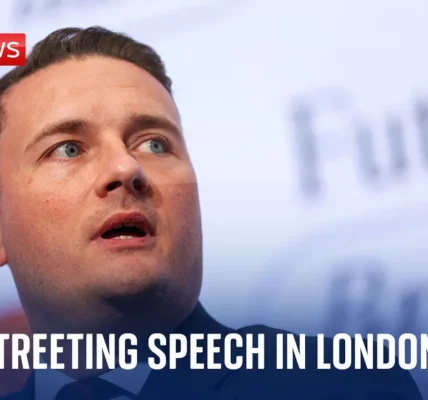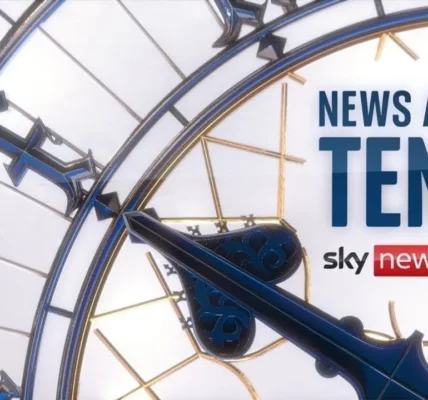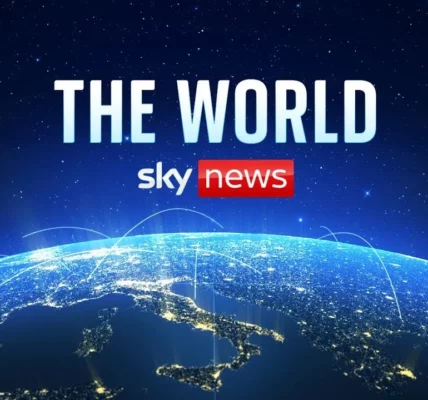Rishi Sunak Calls for General Election: A Detailed Analysis

In a decisive move for British politics, Prime Minister Rishi Sunak has announced a general election scheduled for July 4th. This article delves into the reactions from major newspapers, the implications of this announcement, and the broader context of the UK’s current political and economic climate.
Introduction
On a rainy day outside Number 10 Downing Street, Prime Minister Rishi Sunak’s announcement of a summer general election has set off a flurry of reactions from political analysts, voters, and media alike. This decision, described as a “bombshell” by the Metro, comes at a time when the Conservative Party is trailing significantly in opinion polls against the Labour Party, making this a pivotal moment for the future of the UK. The implications of this election call are vast, affecting everything from economic policies to public services.
Reactions from the Media
The announcement has been met with diverse reactions across various newspapers, each framing the event in their unique style.
The Metro
Leading with the headline “Rishi’s Bombshell,” the Metro highlights the surprise element of Sunak’s decision amidst a backdrop of economic uncertainty.
The Financial Times
In contrast, the Financial Times describes the announcement as an abandonment of hope for better economic news, indicating a sense of urgency within the government.
The Daily Mail
The Daily Mail refers to the election call as a “big gamble,” emphasizing the Conservative Party’s precarious position, being 20 points behind Labour in opinion polls.
The Guardian and The Times
Both The Guardian and The Times echo similar sentiments, framing Sunak’s decision as a tactical move to catch Labour off guard, while also highlighting the gravity of the situation for Britain’s political future.
The Mirror
In a more sensational tone, The Mirror features a rain-soaked image of Sunak with the headline “Drown and Out,” suggesting that the Prime Minister is in a vulnerable position.
The Economic Context
Sunak’s decision appears to be heavily influenced by economic factors. Discussions within the government indicate concerns that the economic landscape would not improve significantly before the autumn.
Interest Rates and Economic Forecasts
With forecasts suggesting interest rates might not decrease as expected, the government faced the risk of voters feeling the pinch without seeing any benefits. Senior officials hinted there may not be enough fiscal headroom for promised tax cuts, leading to the conclusion that calling for an election sooner could be more beneficial.
Voter Sentiment and Economic Policies
Polling data reveals that voters are increasingly dissatisfied with the current economic situation, making it critical for the Conservative Party to present a compelling economic narrative. Key points include:
- Inflation rates slightly down to 2.3%, yet still above the target threshold.
- Concerns about the efficacy of public services, particularly the NHS, amidst record waiting lists.
- Anticipation regarding the government’s controversial Rwanda deportation policy, which could serve as a political point leading up to the election.
Political Implications
The decision to call an early election raises questions not only about Sunak’s leadership but also about the future of the Conservative Party.
Party Dynamics and Backlash
Many Conservative MPs expressed frustration over the timing of the announcement, with some fearing it could jeopardize their positions. The internal party dynamics are shifting as:
- Some MPs believe they could have better positioned themselves if given more time.
- Concerns grow about losing seats and income earlier than expected.
- There is a palpable tension between party members regarding strategy and messaging.
Labour’s Position
Labour Party leader Keir Starmer seems to be capitalizing on the confusion within the Conservative ranks. His strategic positioning, emphasizing patriotism and economic credibility, could sway undecided voters. Additionally, Labour’s efforts to reclaim seats in Scotland could significantly impact the election’s outcome.
Conclusion
Rishi Sunak’s announcement of the July 4th general election marks a critical juncture for the UK. As the political landscape shifts, the reactions from newspapers illustrate the high stakes involved. With economic challenges looming and party dynamics in flux, voters will soon have the opportunity to shape the future of the nation. It is essential for citizens to stay informed and engaged as the election approaches. For continued updates and analysis, be sure to check back with us regularly.
“`




